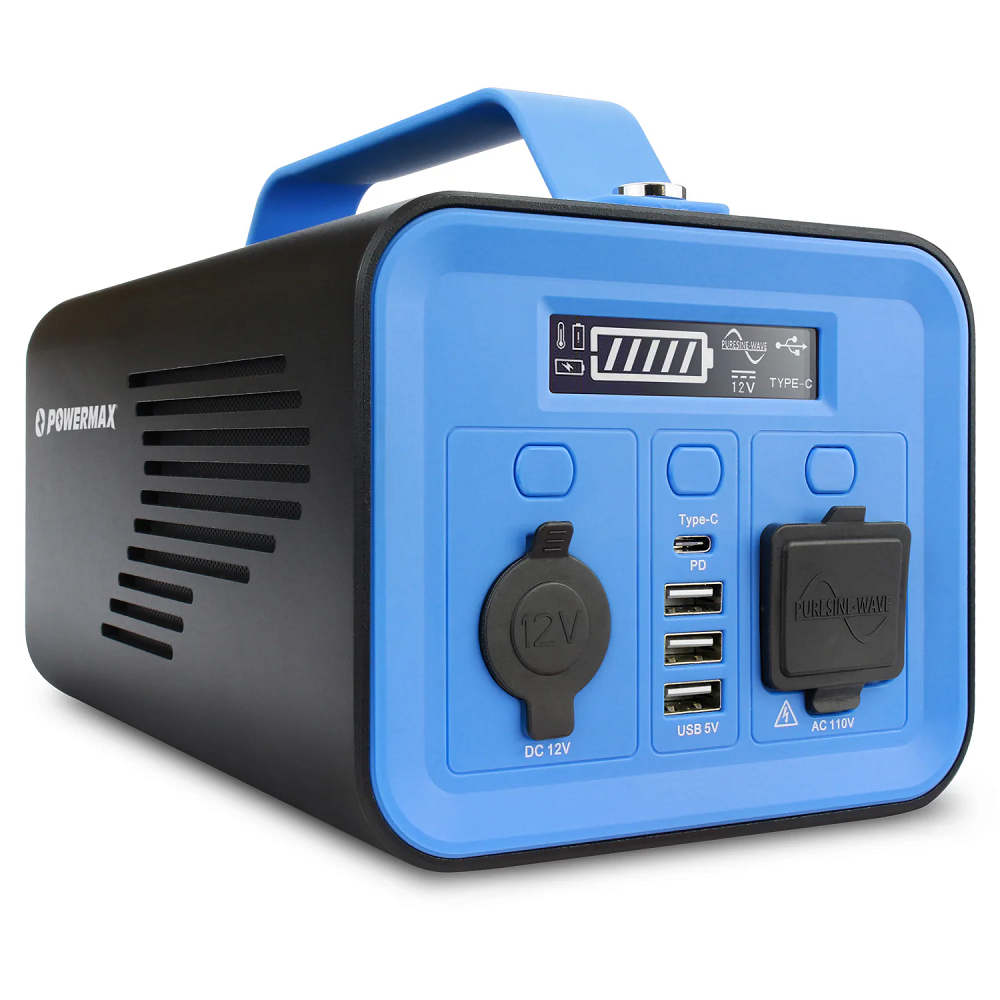Introduction: The Necessity of Generators for Camping
Camping is a wonderful way to immerse yourself in nature and escape the hustle and bustle of daily life. However, many campers now seek the comforts of home, even while enjoying the great outdoors. A camping generator can be a fantastic addition to any camping trip, providing essential power for lights, cooking appliances, and other devices. Choosing the right generator for your needs is crucial for enhancing your camping experience.
The ideal camping generator can make your trip more enjoyable by ensuring you have power for necessary devices. However, not all generators are created equal, and with numerous models on the market, selecting the best option can be overwhelming. This article will guide you through various considerations when choosing a camping generator, covering essential features, power requirements, and practical aspects that cater to your camping adventures.
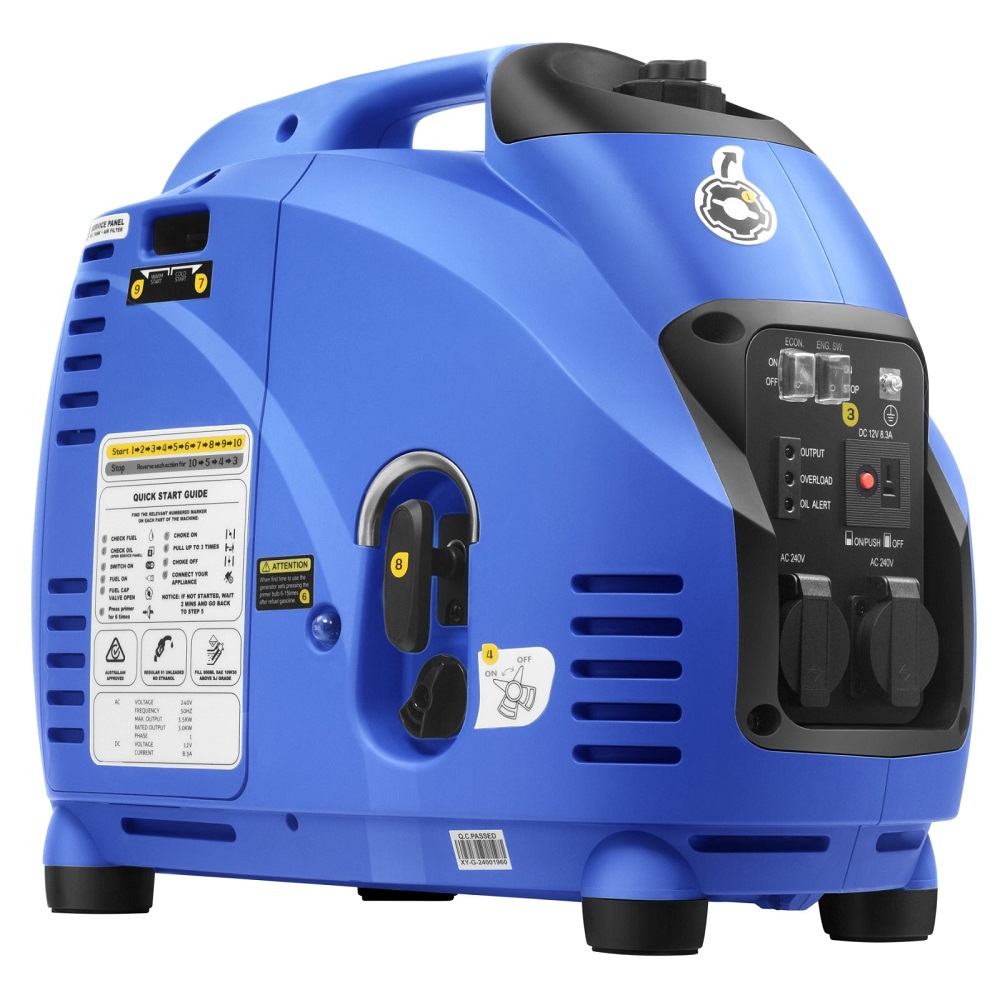
Understanding Power Needs
Determining Your Power Requirements
Before diving into the world of camping generators, the first step is to determine your power needs. Consider the devices you wish to use while camping. Common items that require power include lights, portable refrigerators, cooking appliances, and charging devices. Create a list of all the equipment you plan to bring, then check their wattage requirements, which can typically be found on the appliance label or in the user manual.
When calculating your total power needs, it’s essential to consider both rated watts and starting watts. Rated watts represent the continuous power required to run the device, while starting watts account for the extra power needed during startup. For example, an electric cooler may require 200 rated watts to run continuously but could need up to 400 starting watts when turned on. By adding the wattage of all your devices, you can determine the minimum wattage output needed from your generator.
Considering Battery Capacity
In addition to wattage, consider the generator’s battery capacity when evaluating options. Some camping generators are designed with built-in batteries that store energy, allowing for quieter and cleaner operation. These models are particularly useful for sensitive devices like laptops and cameras, which may be damaged by irregular power supply.
When choosing a generator with a battery, check how long the battery lasts at full load and how quickly it recharges. A generator that can be easily recharged while you’re camping can be incredibly convenient, particularly if you plan on using multiple devices throughout your trip. Finding a generator that aligns with your power requirements, whether through wattage or battery capacity, is essential.
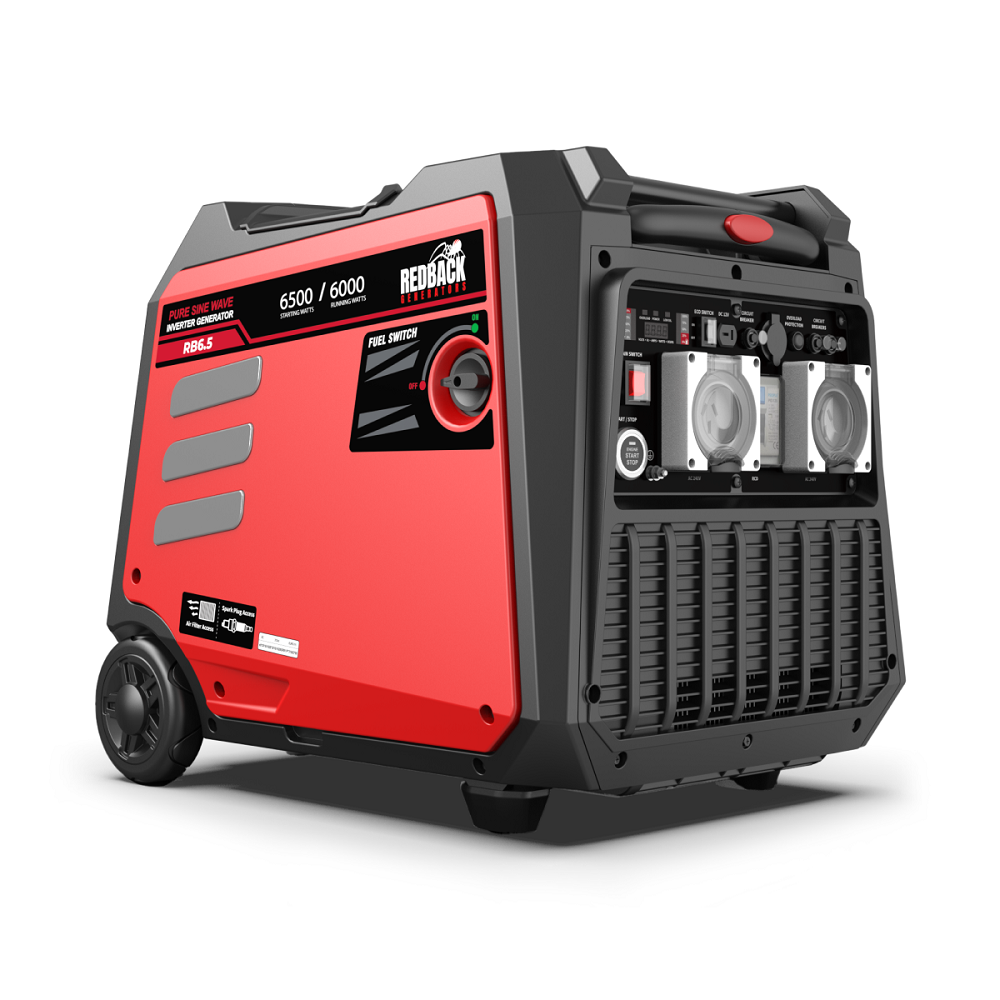
Choosing the Right Type of Generator
Inverter Generators
Inverter generators are an increasingly popular choice for camping due to their lightweight design, quiet operation, and efficient power output. They convert raw power into a stable current, making them suitable for sensitive electronics, such as smartphones and laptops. Inverter generators often feature variable speed, adjusting their engine’s RPM based on the necessary power output, which can save fuel and reduce noise levels.
If you’re someone who prioritizes a quieter camping experience, an inverter generator could be the optimal choice. Many models are designed specifically for outdoor enthusiasts, making them portable and easy to transport. Be sure to check the wattage and runtime of different inverter generators to find one that suits your specific power needs while camping.
Conventional Generators
Conventional generators are another option for camping, particularly if you’re running multiple high-wattage devices simultaneously, such as air conditioners or power tools. These generators typically produce more power than inverter models, making them suitable for larger camping setups or longer trips where sustained power is necessary.
However, conventional generators tend to be bulkier and louder than their inverter counterparts. If your camping experience calls for heavy-duty power usage, a conventional generator may serve you well. Just keep in mind that extra weight and noise can impact your overall camping experience. As with any generator, assess your power needs to determine whether this option works for you.
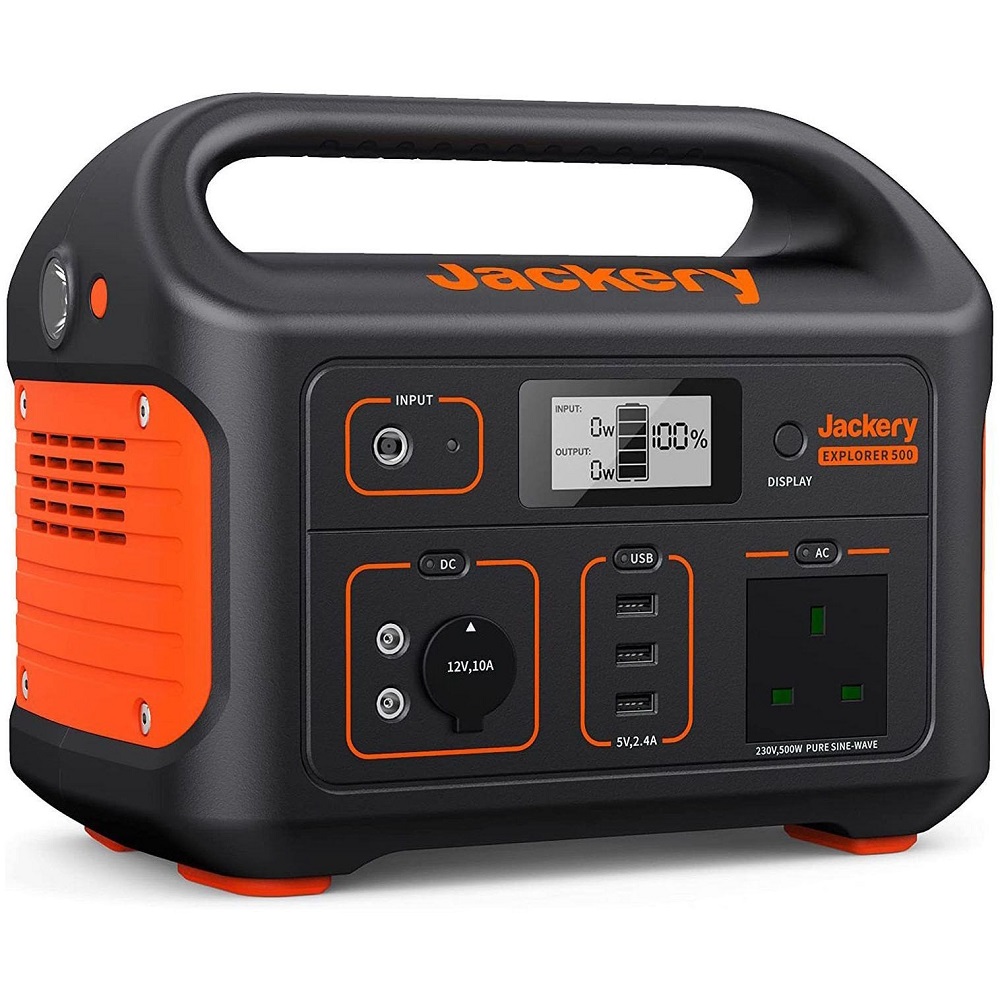
Portability and Weight Considerations
Evaluating Weight and Size
When choosing a camping generator, consider portability and weight. Smaller and lighter generators are easier to transport, especially if you have to carry them over rugged terrain or load them into a vehicle. For individuals who camp frequently, investing in a lightweight model may be worth it, as it can enhance mobility and convenience during your trips.
Weight can vary significantly between models, so always check the specifications before making a purchase. Some inverter generators are designed specifically for camping and prioritize portability, making them great for outdoor enthusiasts who value ease of transport. If you plan on taking your generator on a long hike to your campsite, consider how weight impacts your ability to carry equipment.
Features for Ease of Use
It’s also essential to look at user-friendly features when evaluating a camping generator’s portability. Many generators come with built-in handles or wheels, ensuring they can be easily maneuvered and transported. Some may also include features like push-button start or remote start, which can simplify operation.
Additionally, check for clear display panels or user-friendly controls that make it easy to monitor fuel levels and wattage output. A generator that is easy to set up and use will save you time and energy when you’re at the campsite, allowing you to focus on what matters most—enjoying your time outdoors.
Noise Level and Fuel Efficiency
Importance of Low Noise Levels
Noise levels are an important consideration when choosing a camping generator. A loud generator can be disruptive to the tranquil atmosphere of the outdoors and disturb fellow campers nearby. Inverter generators are often quieter, making them suitable for camping where peace and relaxation are priorities.
When evaluating noise levels, check the decibel (dB) rating, which is typically included in the specifications. Lower dB ratings indicate quieter operation. For a peaceful camping experience, select a generator that operates at a lower noise level than conventional models. This will allow you to enjoy nature and maintain camaraderie with fellow campers without the constant hum of a loud generator.
Fuel Efficiency Matters
Fuel efficiency is another factor to consider when choosing a camping generator. A generator that consumes less fuel will save you money over time and ensure you have enough power for the duration of your trip. Look for models that claim high fuel efficiency, which often translates to longer runtimes on a single tank.
Inverter generators generally provide better fuel efficiency compared to conventional generators due to their variable speed capability. These generators can adjust their power output based on the load, leading to more efficient fuel usage. Choosing a generator with excellent fuel efficiency will allow you to enjoy a more extended camping experience without worrying about running out of gas.
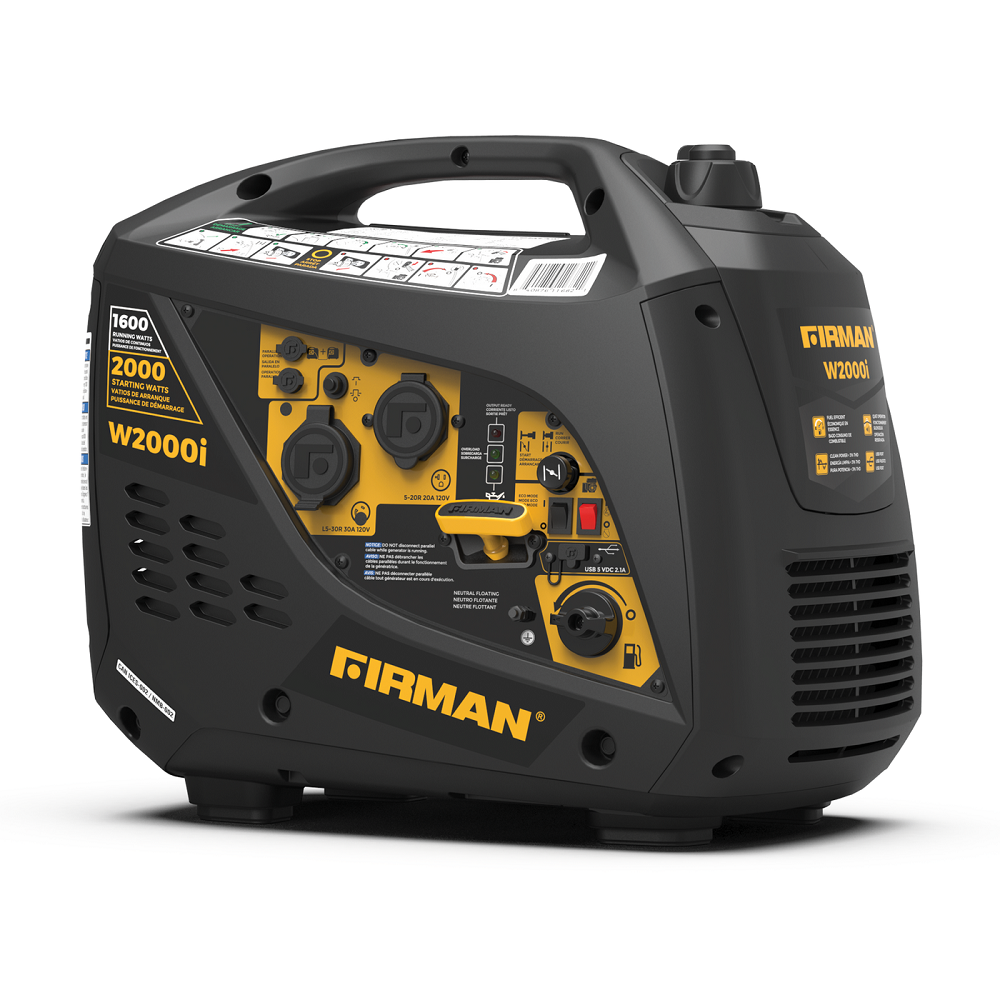
Safety Features in a Generator
Overload Protection
When using a generator, safety should always be a top priority. It is essential to select a generator that possesses safety features designed to protect both the user and the equipment. One crucial feature is overload protection, which prevents the generator from producing more power than it can safely handle. This feature ensures that the generator automatically shuts down when it is close to exceeding its capacity, preventing damage and potential hazards.
Additionally, many modern generators come equipped with circuit breakers that help protect devices plugged into the generator from power surges. Ensuring that your generator has these safety mechanisms in place provides peace of mind while you’re enjoying your camping experience.
CO Detectors
Another important safety feature to look for in a camping generator is a carbon monoxide (CO) detector. Carbon monoxide is an odorless gas that can pose significant health risks, especially in enclosed spaces. Generators can emit CO, so it is essential to ensure the generator has built-in sensors to detect elevated levels of this harmful gas.
Some generators automatically shut down when CO levels become dangerous. This added safety measure is crucial for ensuring that you and your fellow campers remain safe during your trip. It is imperative to follow all safety guidelines when using a generator, including placing it in well-ventilated areas away from tents and living spaces.
Budget Considerations
Evaluating Cost and Features
When choosing a camping generator, budget is a crucial consideration. Generators can vary significantly in price depending on their size, features, and brand. It’s essential to evaluate the cost concerning the features offered. While it may be tempting to opt for the cheapest option, weighing the quality and versatility of the generator is vital.
Look for a generator that meets your specific needs while remaining within your budget. It can be beneficial to invest slightly more in a generator with enhanced features and durability, as this can save you money in the long run. A reliable generator should provide both performance and value, ensuring you can enjoy smooth camping experiences without frequent repairs or replacements.
Finding the Best Deals
To get the most value for your investment, explore various retailers and online platforms for potential deals. Many stores offer seasonal promotions or discounts on camping equipment. Additionally, reading customer reviews can provide insights into the performance and reliability of different models. By doing your research ahead of time, you can find a camping generator that fits your needs and budget.
Consider purchasing a generator during off-peak seasons when fewer people are shopping for camping gear. Sales during shoulder seasons or clearance events can lead to significant savings. Taking these steps ensures that you make a smart purchasing decision that enhances your camping experience.
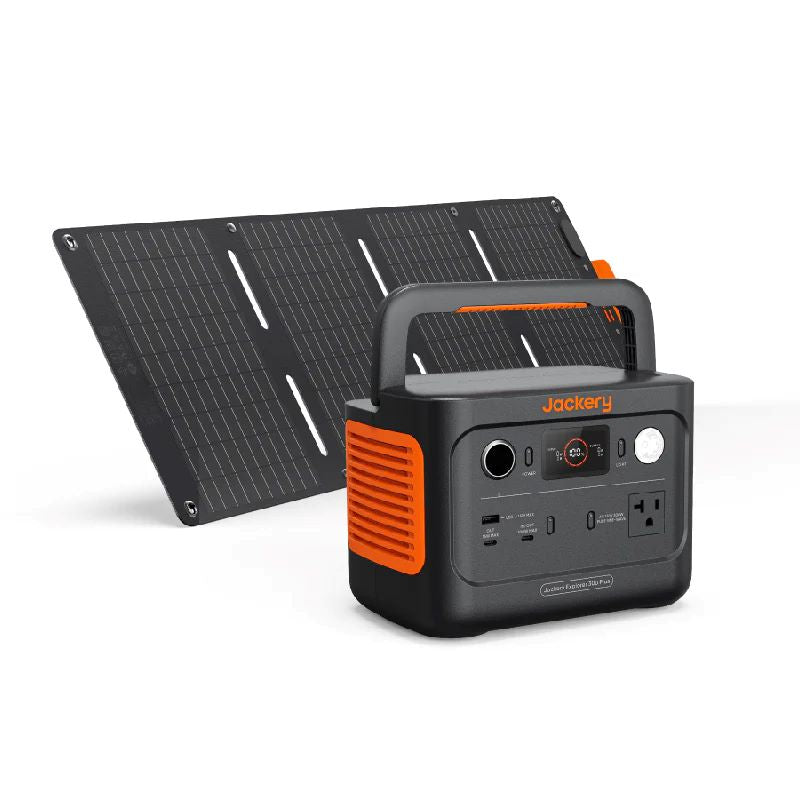
Conclusion: Equip Yourself for Enjoyable Camping Adventures
In conclusion, choosing the right camping generator is an essential part of preparing for your outdoor adventures. Understanding your power needs is essential when choosing a generator. Evaluate different types and consider features like portability, noise levels, and safety. This will help you find the ideal solution for your environment. Investing in a reliable camping generator enhances convenience and lets you enjoy the comforts of home, even in the wilderness.
When purchasing a generator, it is essential to assess your budget while weighing the cost against features, durability, and reliability. A thoughtful approach will lead to the best decision that serves you well, making your camping experiences enjoyable and stress-free.
With the right camping generator in tow, including quiet camping generators for outdoor use, you can focus on what matters most: creating lasting memories with friends and family. As you embark on your camping journey, remember that the right equipment can greatly enhance your experience, allowing you to savor every moment spent in nature. Embrace the great outdoors with the confidence that comes from being well-prepared and equipped. Happy camping!
